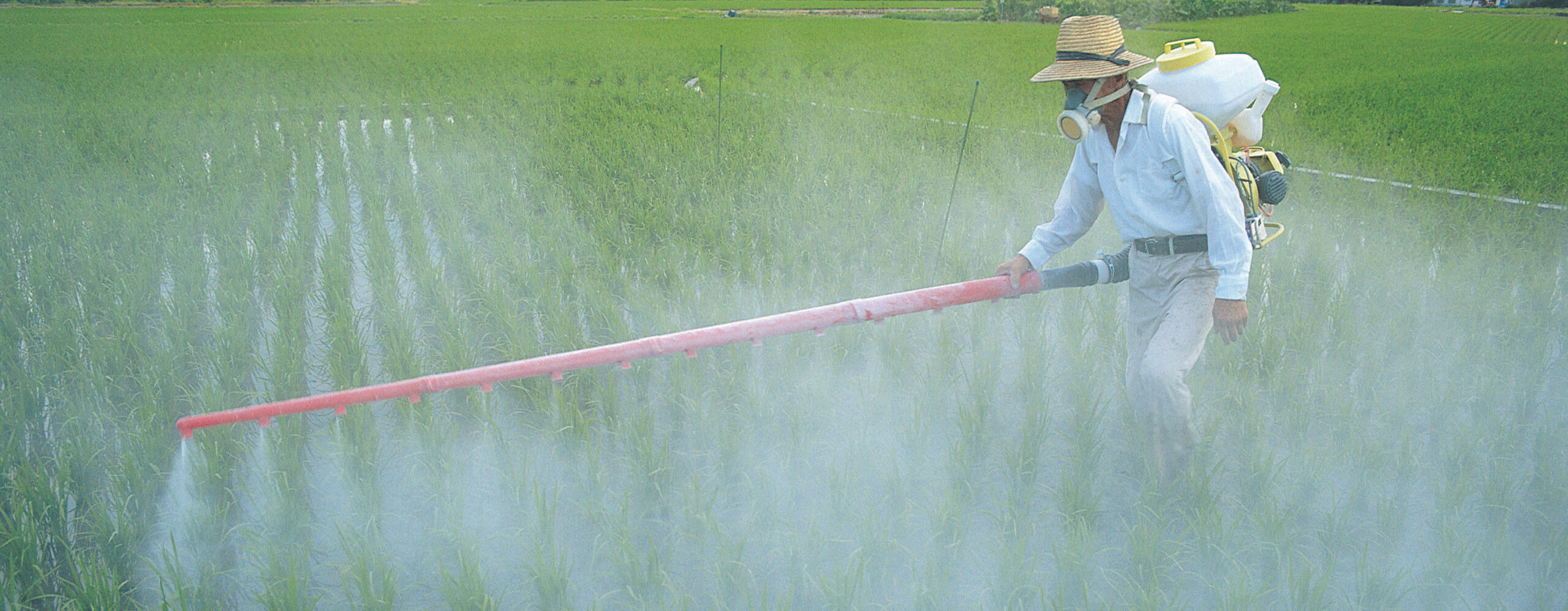Pesticides are chemicals used by Pest Control Auckland that damage crops and cause economic losses for farmers. They have been used for decades to increase crop yields and protect them from pests, diseases, and weeds. However, the use of pesticides has a devastating impact on the environment, which can affect human health and ecosystem services.
The impact of pesticides on the environment can be categorised into three broad areas: ecological, human health, and economic.
Ecological Impact:
Pesticides can have a significant impact on ecosystems, particularly on non-target organisms that are not pests. Pesticide exposure can harm or kill these organisms through direct application, runoff, or drift. This can reduce biodiversity and negatively impact food webs and ecosystem function.
Pesticides threaten beneficial insects such as bees, butterflies, and other pollinators. These insects are critical for pollinating crops, and their loss can significantly impact food production and ecosystem services.
Furthermore, pesticides can contaminate soil and water, leading to pollution and the loss of natural resources. The runoff of pesticides into waterways can also result in toxic algal blooms and other harmful effects on aquatic life.
Human Health Impact:
The use of pesticides can also have severe implications for human health. Exposure to pesticides can occur through direct contact with the chemical, inhalation of airborne particles, or ingesting contaminated food or water. Pesticides have been linked to various health problems, including cancer, congenital disabilities, and neurological disorders.
Farm workers and their families are particularly vulnerable to pesticide exposure, as they are often near fields where pesticides are applied. Children are also at risk, as their developing bodies are more susceptible to the harmful effects of pesticides.
Economic Impact:
The use of pesticides can also have economic impacts, particularly in developing countries. Pesticides can be costly, and the need for repeated applications can lead to financial burdens for farmers. In addition, the loss of biodiversity and ecosystem services can have significant economic impacts on agriculture and other industries.
Alternatives to Pesticides:
Several alternatives to pesticides can be used to control pests and protect crops. These include crop rotation, the use of natural predators, and integrated Pest Control Hamilton. These approaches are more environmentally friendly and can help to reduce the impact of pesticides on the environment and human health.
In addition, organic farming practices that avoid synthetic pesticides can also be an effective way to reduce the impact of pesticides on the environment. Organic farming uses natural methods to control pests, such as crop rotation, companion planting, and the use of natural predators.
Conclusion:
The use of pesticides has a devastating impact on the environment, which can affect human health and ecosystem services. The ecological impact of pesticides can result in reduced biodiversity, negative impacts on food webs, and the loss of natural resources. Pesticides also threaten human health, with exposure linked to various health problems. Finally, the economic impacts of pesticides can be significant, particularly in developing countries.
Alternatives to pesticides, such as crop rotation, natural predators, and integrated pest management, offer a more environmentally friendly and practical approach to pest control. Organic farming practices can also help to reduce the impact of pesticides on the environment.
It is time for farmers, policymakers, and consumers to recognise the devastating impact of pesticides on the environment and take action to reduce their use. By adopting more sustainable farming practices and supporting organic farming, we can protect the environment, promote human health, and ensure the long-term sustainability of agriculture.











